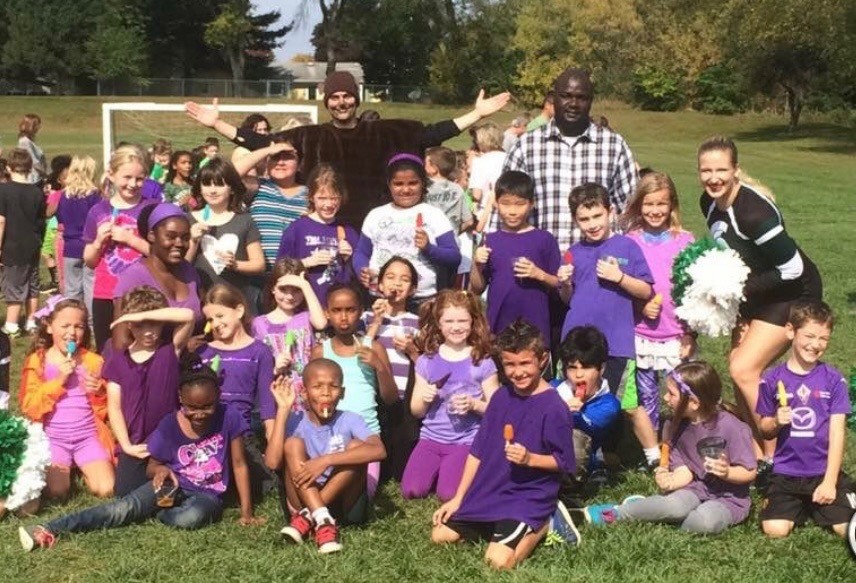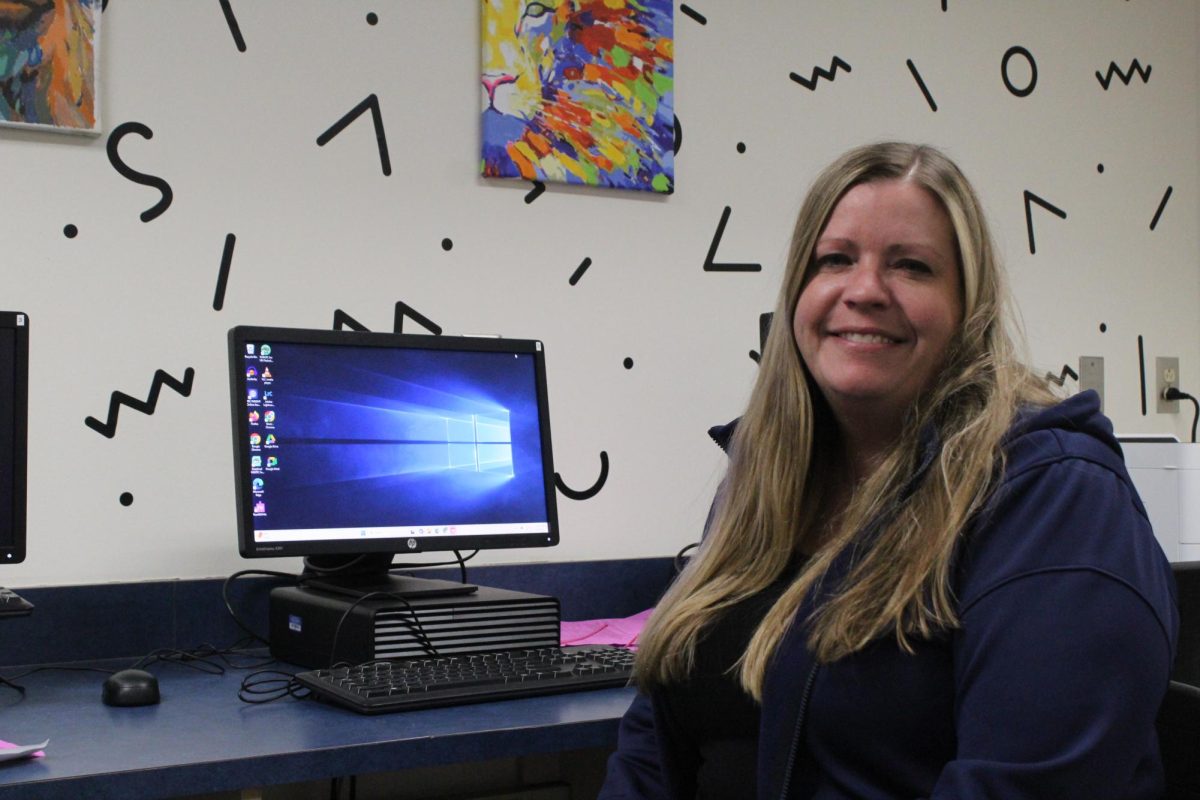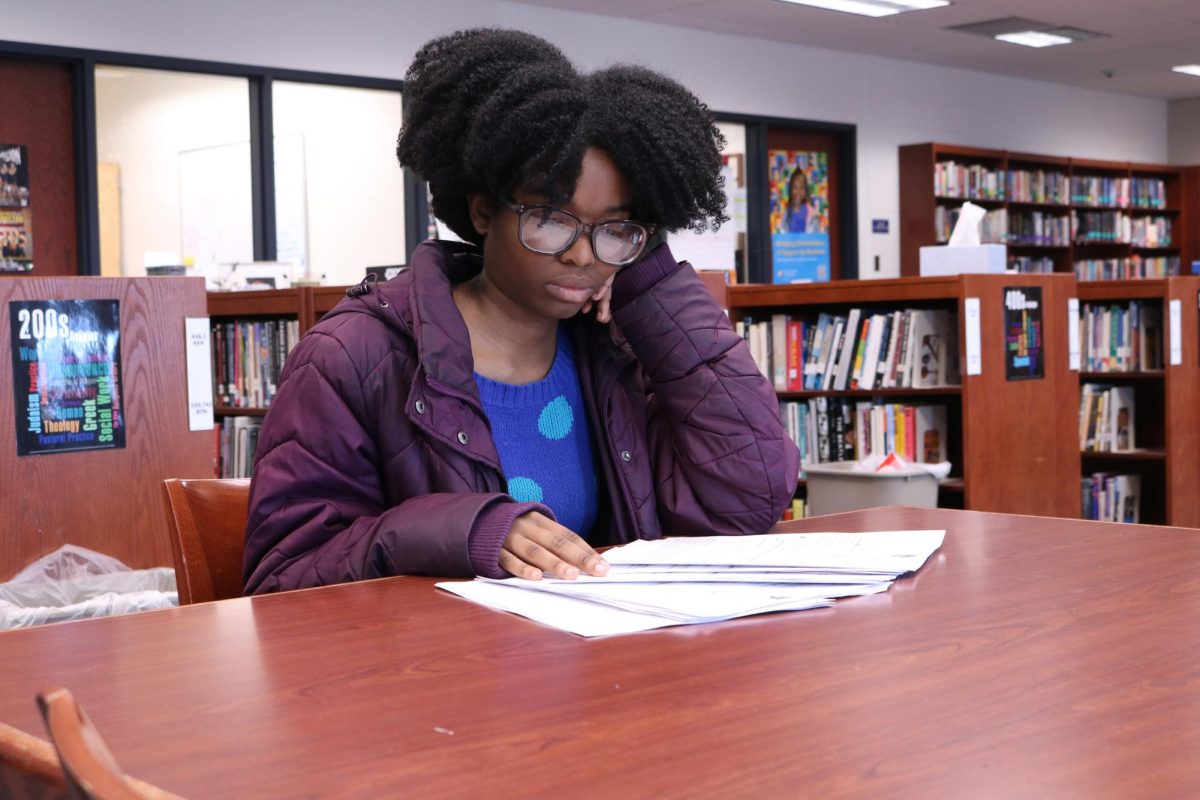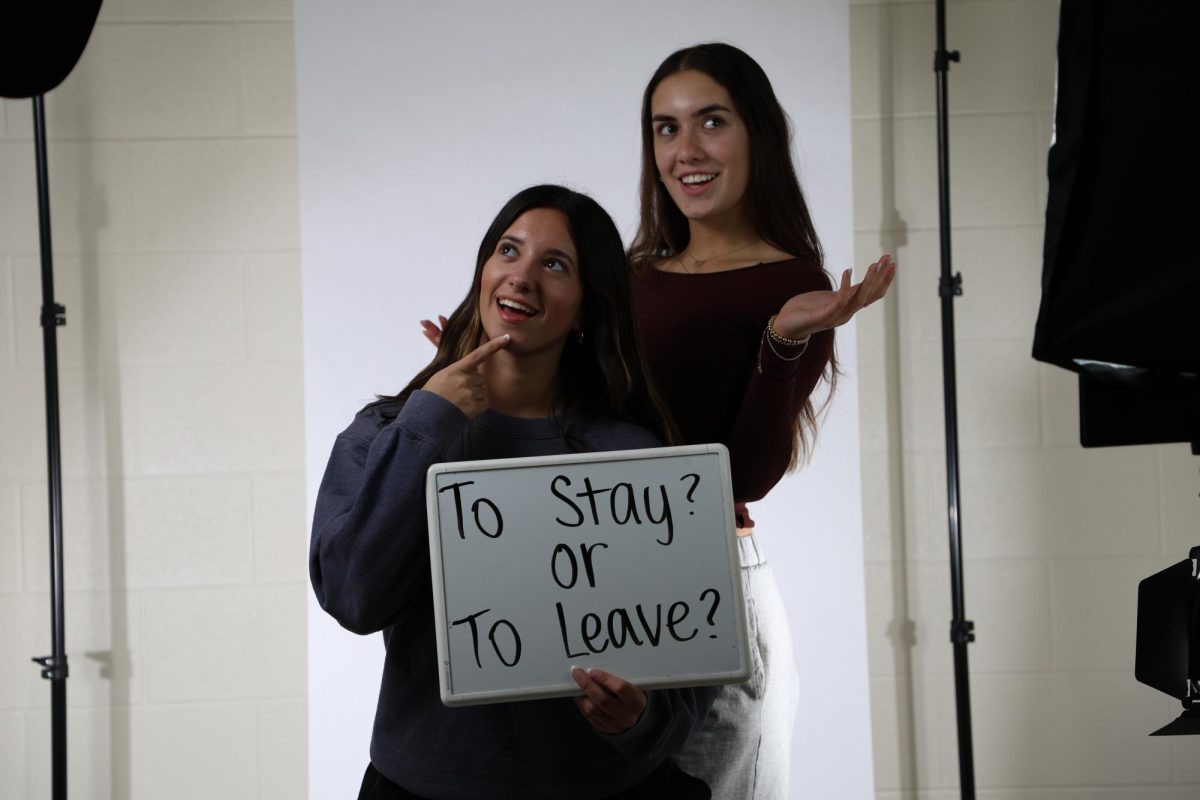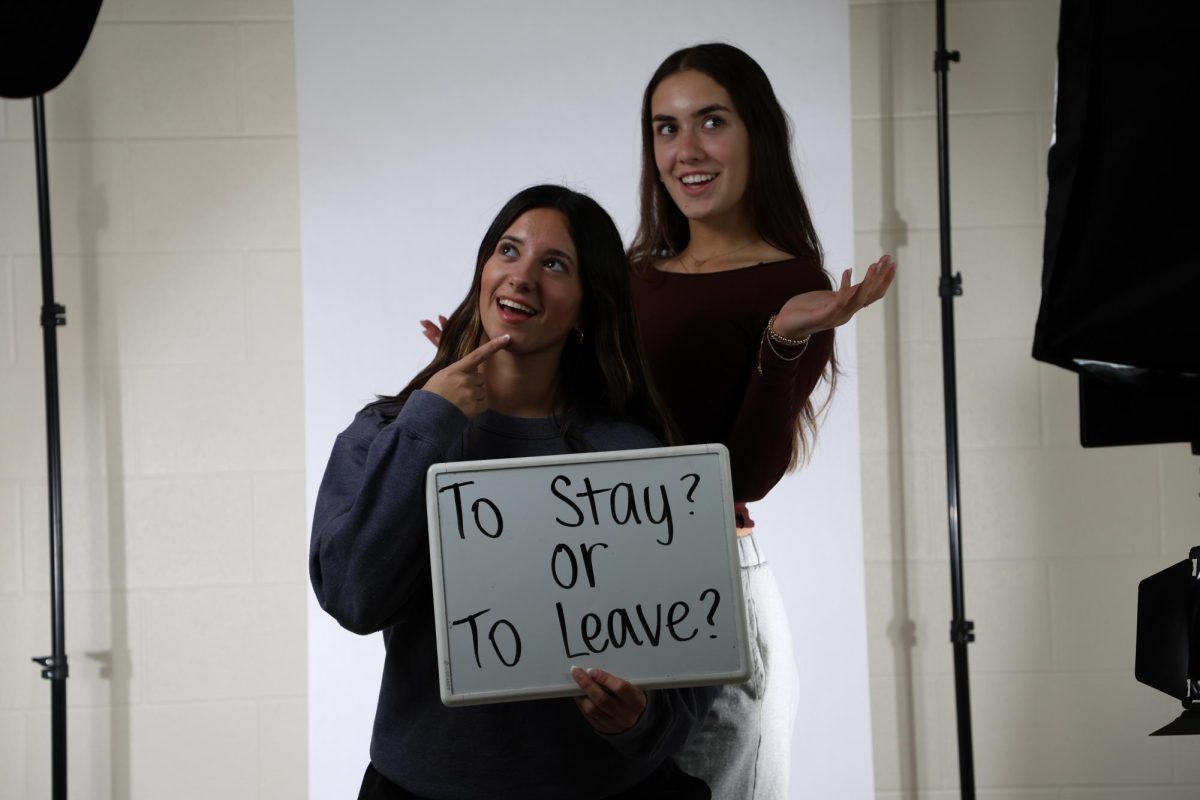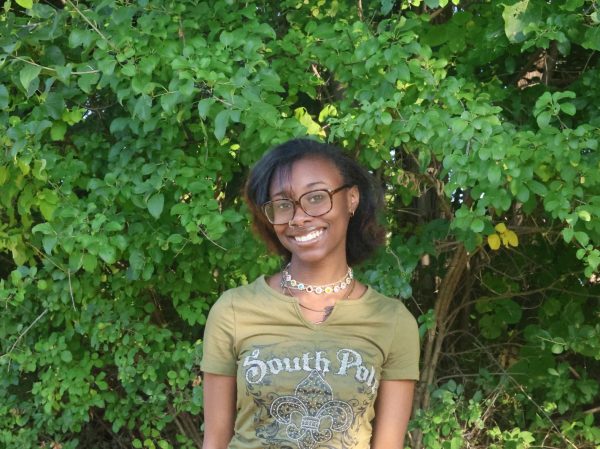In 2015, a little Black girl transferred to East Lansing Public Schools from Lansing School District, believing she wasn’t “Black enough” because she didn’t act or speak like her Black peers in her old school. She never had the same experiences as the rest of her Black classmates, so they called her “whitewashed” because she was raised to speak grammatically correct and enjoyed school.
This student was placed into the third-grade class of Jennivieve Charles, a black woman from Saint Croix in the Virgin Islands- the first of only two Black teachers she’d have by 12th grade.
In this class, the little Black girl was taught to love and accept her differences while doing the same for others. In doing so, Miss Charles taught her class about her own Caribbean culture as well. This opened the little Black girl’s eyes and helped her realize there wasn’t one singular way to be a part of a culture; she was perfect and, most importantly, “Black enough” the way she was.
That little Black girl was me.
And she came to East Lansing just six years before Klaudia Burton, Director of Equity and Social Justice, was hired into her position, who helped initiate the DEI program. Since then, Burton, along with her team, has worked on many projects to get East Lansing to the place it needs to be. This included reintroducing a Black American History class that used to be taught at the high school and was reoffered beginning in the 2022-23 school year.
Looking at the media as a senior, waiting on these final three months until graduation, I fear for the other little girls like me. All the young students who feel too different. What will they have if DEI isn’t in place?
The first part of DEI deals with diversity. Diversity doesn’t just mean Black and white, which is most people’s first thought in today’s society. When you have diversity, you have multiple races, religions, practices, abilities, and so on. Every corner I turn in ELHS, I see multiple personalities, and no two are the same.
When you have diversity, equity and inclusion are needed in tandem. In a perfect society, everyone would be treated equally, no matter their skin color or background. Sadly, the world isn’t perfect, and equality is not what it should be. That’s where equity and inclusion come into play. With equity, it’s not about everyone having the same opportunities but making sure that everyone can succeed while giving them the tools to do so. Within our own community, our DEI programs have helped us with many things. They’ve provided services through our student advocates to aid students who struggle in school as well as a place for Muslim students to observe Ramadan so they don’t have to sit in the lunchroom during their fast.
Some will say that we don’t need DEI because white Americans have historically been the majority. But it’s people like Robert L. Green and his issues with redlining in East Lansing to that remind us we need DEI. Thankfully, his namesake as an elementary school in the district stands as a reminder of his commitment to our community when we weren’t committed to him.
President Trump, along with his administration, wants to get rid of DEI in schools out of fear of the programs creating divisive ideologies and detracting from traditional education objectives. It’s 2025. If we can pride ourselves and this country on being so progressive, then we have to also recognize that tradition isn’t going to mean the same thing it did five years ago. It should not mean the same, especially when it comes to education.
If his efforts are successful, it won’t only affect policies and discrimination. We are at risk of losing our identity clubs, such as the Asian Student Union (ASU), or classes like multicultural literature and Black American history. At this rate, students might not even be able to protest, an action that is protected by the first amendment of our constitution, thanks to the 1969 court case Tinker v. Des Moines.
As I have mentioned, DEI does not only mean race. Our LINKS program is connected. It’s all about equity in education. Our students with disabilities can excel because they have classes catered to them while also being able to have what is considered the “normal” high school experience.
We also need to realize that these programs don’t only help students, but teachers as well. Many schools that have these initiatives encourage teachers to receive training on how to be more culturally aware and inclusive in their lessons. They also learn how to understand and support their students from different backgrounds, including their mental health. This prevents students from feeling uncomfortable while learning different subjects, an issue ELPS experienced in the past while learning about slavery.
Just because certain topics may be uncomfortable to talk about doesn’t mean that they cannot be talked about. As of right now, Burton has assured us there will be no changes to our DEI initiatives.
“There is a lot of obeying in advance,” Burton said. “There’s only the threat of [losing funding because of keeping DEI]. I have a duty and responsibility here. There’s absolutely nothing I’m changing.”
This initiative isn’t just words, it’s a mindset. I believe that to progress into a world we can all be proud of, everyone must adapt and accept this mindset. It pains me that this is a concept that needs to be accepted in the first place.
It is important to teach children the importance of their own history, but to also explain the challenges they will face because of their heritage. How can we expect the future generation to succeed without giving them the personalized tools and knowledge they will absolutely need to do so?
Not every school has a Miss Charles- a person who teaches you the importance of acceptance while also catering to your personal needs. This is why schools not only need but also deserve DEI.



